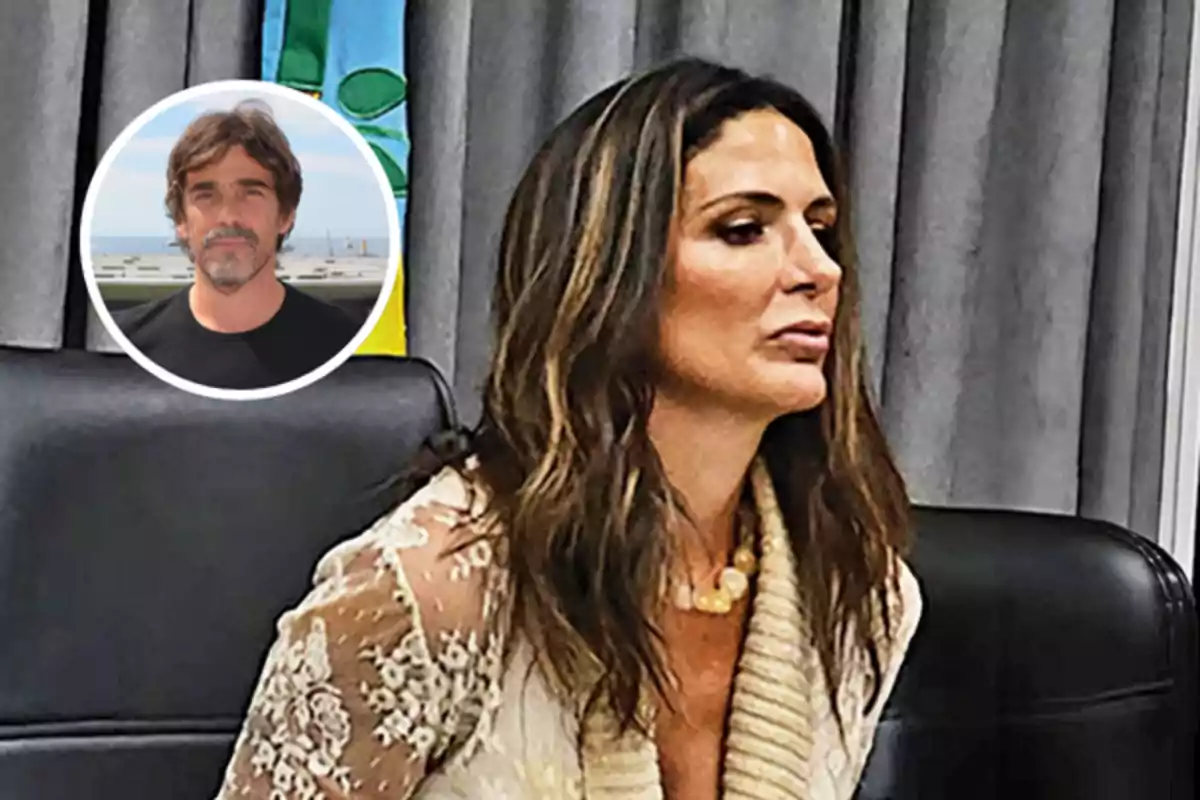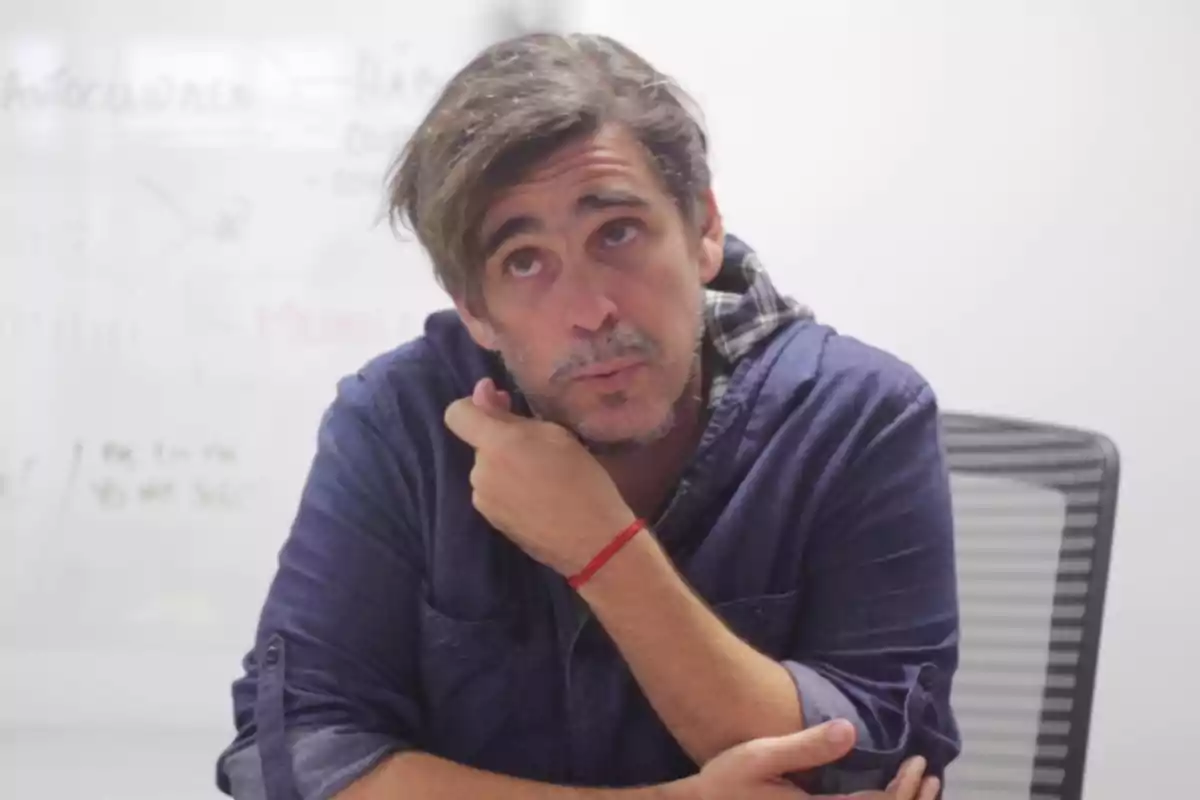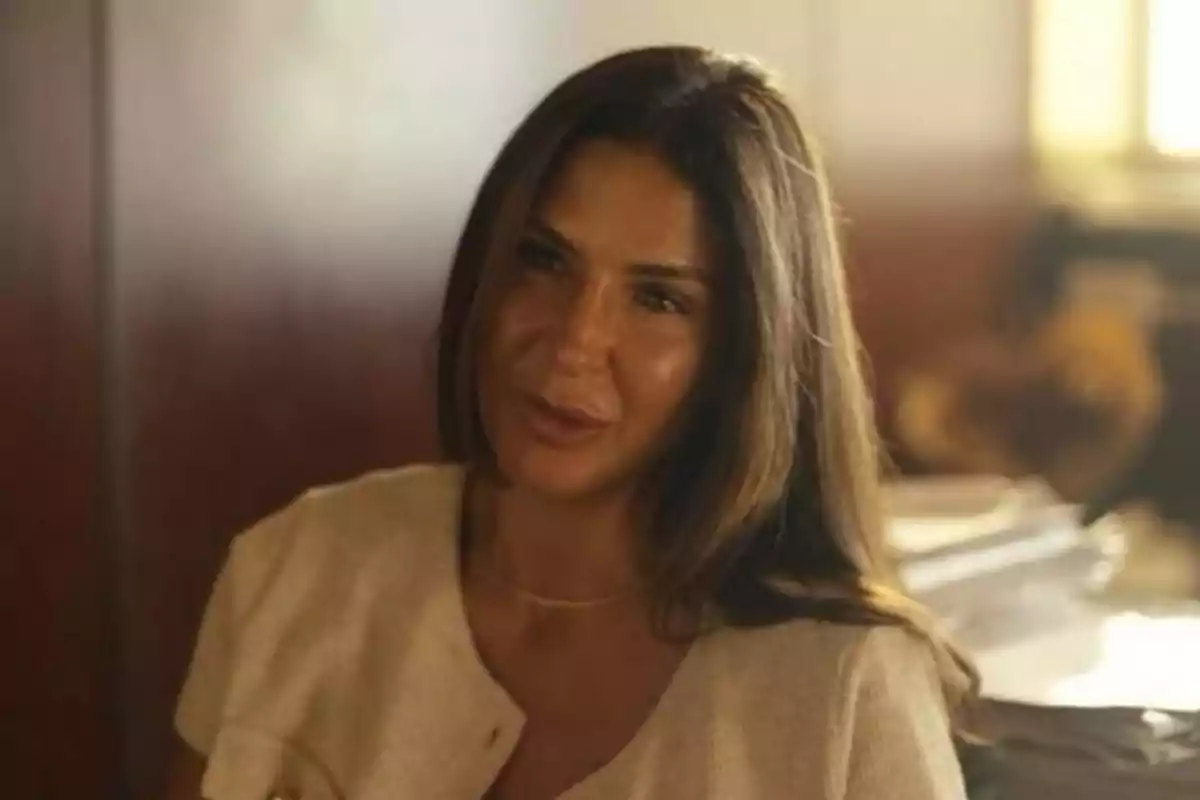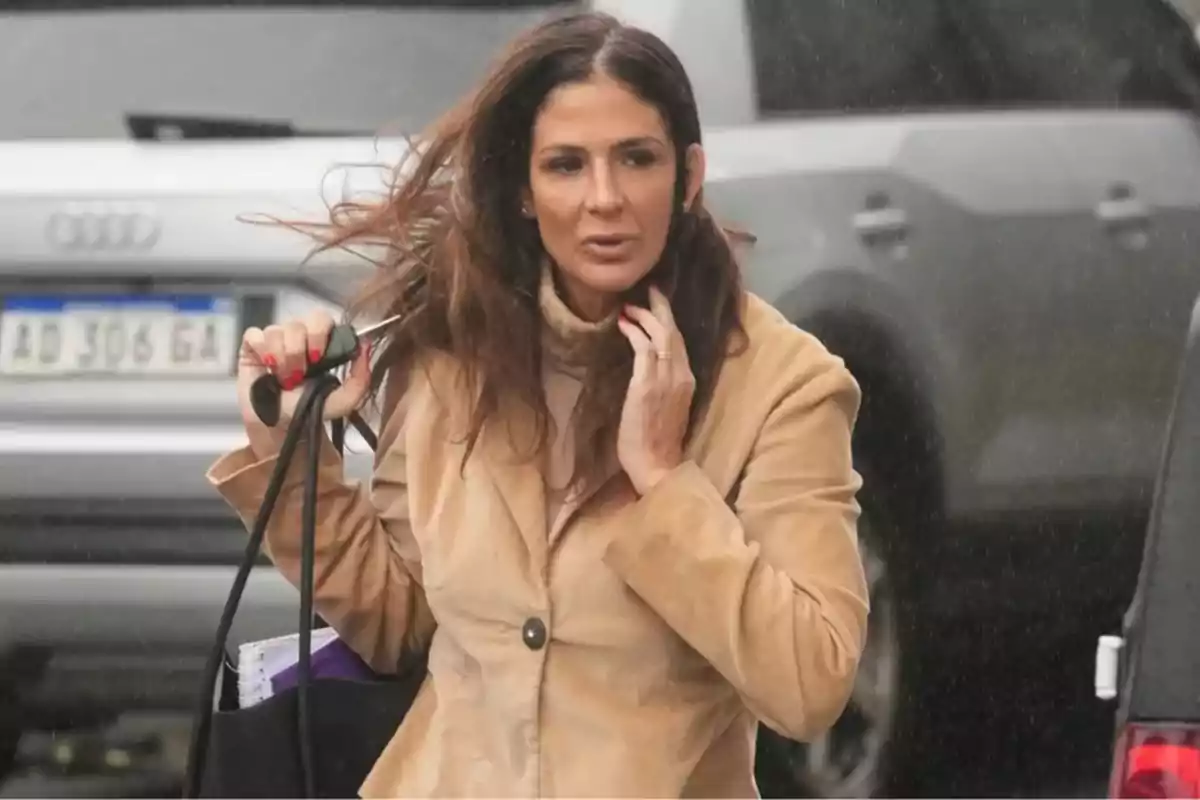
Makintach case: the screenwriter of the documentary broke the silence and revealed key details
Juan Manuel D’Emilio explained how the idea of 'Divine Justice' originated and the judge's role in its development
While Judge Julieta Makintachawaits a decision from Governor Axel Kicillof regarding her resignation and a possible impeachment trial, a criminal investigation is progressing in Prosecutor's Office No. 1 of San Isidro into her involvement in the documentary that led to her recusal and the nullification of the trial over Diego Maradona's death.
In this context, screenwriter Juan Manuel "Chavo" D’Emilio submitted a written statement to the Judiciary in which he revealed how the audiovisual project called "Justicia Divina" was conceived. According to his explanation, the idea was proposed to the judge in February 2024, during a birthday party he attended with his partner, where he was introduced to Makintach by María Lia Vidal Alemán, a childhood friend of the magistrate.

D’Emilio recounted that he told Makintach that he was a Maradona fan and worked in the audiovisual industry. During that brief conversation, the judge reportedly expressed her enthusiasm for the project, considering it a "unique opportunity" and her "dream." Another woman present even offered at that moment to design the costumes for the documentary, which aimed to show "the perspective of a judge in a highly significant trial."
The proposal was developed as a "living documentary," whose script progressed as the hearings unfolded. D’Emilio registered the name "Justicia Divina" with CAPIF on February 21, shortly before the start of the trial against the seven healthcare professionals accused of the former footballer's death.

During the hearings, both D’Emilio and Vidal Alemán were identified by attorney Julio Rivas, defender of Leopoldo Luque, who suspected that the judge was filming a documentary for the BBC. The screenwriter introduced himself as a "Maradona fan neighbor" and the woman as an "interior decorator."
According to D’Emilio, only after that scene did he begin to question whether his presence at the trial might be improper: "Until that moment I had always been certain that everything was permitted based on what we had discussed with Dr. Makintach."

Meanwhile, producer José María Arnal Ponti, owner of the production company Ladoble, also submitted a written statement on June 26, in which he stated that from the outset he was informed that the judge was aware of and had agreed to the script. He also said that he hired a freelance cameraman, escorted by personnel sent by Makintach herself, to record the hearings.
The recordings and other materials were shared, confidentially, with potential investors in the audiovisual sector. This content was later incorporated by prosecutor Patricio Ferrari in Makintach's recusal, which led to the trial being declared null after 22 hearings.
Today, as a new oral trial is being prepared against Luque and six other defendants, the judge faces a criminal complaint and a possible impeachment jury, the progress of which will depend on the political decision made by the Buenos Aires Executive.
More posts: